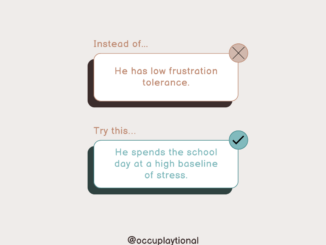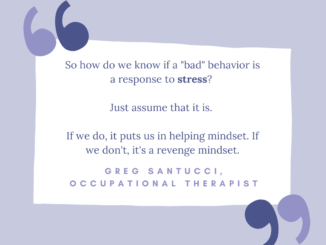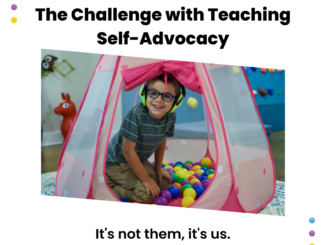I spoke to my child’s school to tell them that I wanted to opt my child out of their new behavioural manipulation system to the greatest extent possible without singling my child out.
They were (predictably) unhappy with this suggestion. To try to persuade me, they framed their unhappiness in terms of my child rather than in terms of themselves. They said, “We’re worried that if they see the kids around them getting points all the time then they will feel left out.”
We have a meeting upcoming in which I will talk to them about my suggestions to avoid this. But I was struck by how hollow of a response that was.
They’re not worried that my child will feel left out. They’re worried that they won’t have the power to manipulate my child’s feelings of being left out.
The feeling of being left out is the point of the behaviour system.
Without a feeling of being left out, what threat would there be to hold over the kids?
If the school wanted to have “Friday fun days” every Friday for all of the kids, they could do that. No one would feel left out. If the kids have to *earn* a “Friday fun day” by “behaving well” throughout the week, then the inherent expectation is that you can threaten them with their fear of being left out to try to control what they do. The being left out is the point. Of course the teacher wants all the kids to get to be a part of the fun day, but this way they can throw up their hands and shift the blame back on the child if they’re the only one in their class who is left out. “Sorry kid. You were born with a brain that struggles more than everybody else’s does, so we won’t let you be a part of us.”
But if I come along and suggest letting go of the power to threaten and punish, they immediately assume that my child must default to the “punished” state. Can’t be part of the in-group if you didn’t earn your way there.
This is not “classroom management”. This is desperation; this is a lack of relationship connection with students, a heart-to-heart bond being replaced with a carrot and a stick. This is what you do if you believe—if you know—that school isn’t already inherently a place of connection and delight, that the adults aren’t already on the kids’ team. You pit them against one another and you hold tight to the ability to selectively leave them out, in hopes it will make their brain kick into enough of a fear-driven response to be able to push themselves further than their mental health would typically allow for.
This is not what I want for my child. So we’re going to keep talking about it. And I’m going to keep talking about it.



